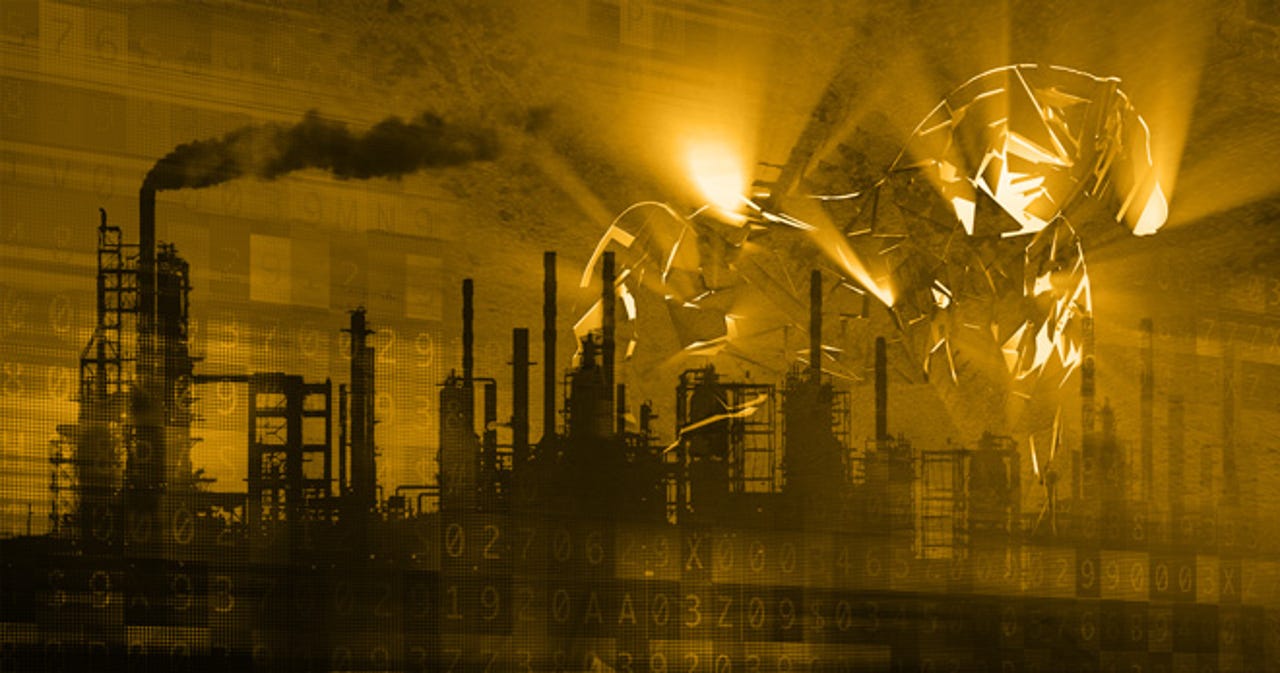Cyberattackers hack UN nuclear power plant


The International Atomic Energy Agency (IAEA), which oversees United Nations nuclear operations, says a nuclear power plant was successfully hacked three or four years ago alongside an attempt to steal uranium.
The director of the agency, Yukiya Amano, told a Reuters correspondent during a visit to Germany that the attack "caused some problems" and the plant had to "take some precautionary measures."
However, the incident was not serious enough to close down the plant, Amano deeming the attack "disruptive" rather than "destructive."
While the executive was reluctant to name the facility in question, he revealed that cyberattacks against core facilities are not "an imaginary risk," especially alongside more traditional threats -- such as a case which followed in which an individual attempted to steal enriched uranium to use in dirty bombs.
Amano commented:
"This issue of cyber attacks on nuclear-related facilities or activities should be taken very seriously. We never know if we know everything or if it's the tip of the iceberg."
In 2014, South Korean nuclear power outfit, Korea Hydro & Nuclear Power, was struck by a spate of cyberattacks which disrupted operations, lead to the leak of nuclear manuals online and triggered concerns about the facility's network stability and security.
North Korea was accused of orchestrating the attacks. The country has denied any involvement and claimed the allegation was "a trumped-up plot against the communist country."
This year, it was discovered that the Gundremmingen nuclear plant in Germany hosted malware on the facility's computer systems. The malware was not considered particularly harmful to the plant's operations -- unlike Stuxnet, a worm dubbed the "world's first digital weapon" which was used to disrupt Iranian power plants.
See also: Beyond Stuxnet and Flame: Equation 'most advanced' cybercriminal gang recorded
To date, the IAEA has trained over 10,000 people in nuclear security, which includes police and guards to physically secure facilities. The agency is also now providing nuclear plants with radiation detection devices to detect the attempted theft of any material.